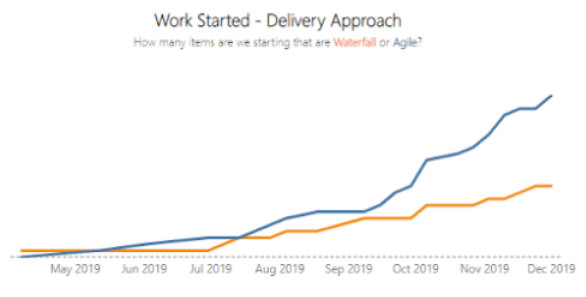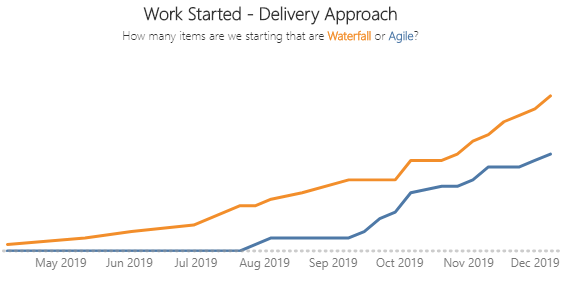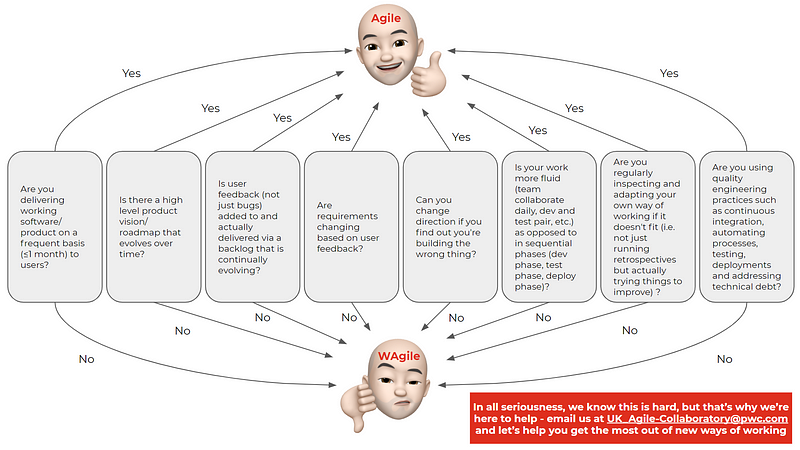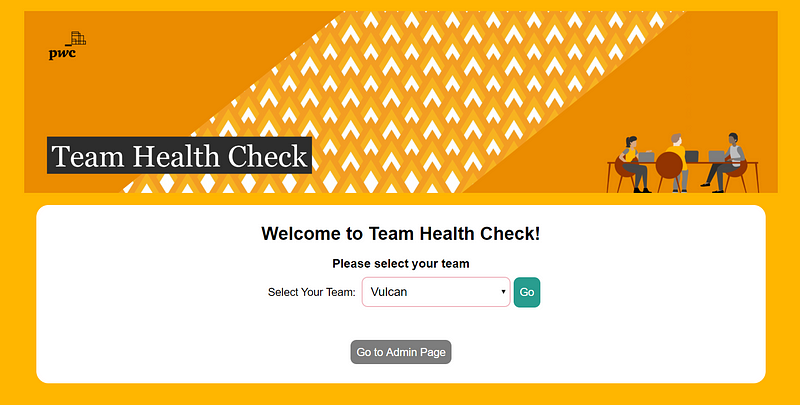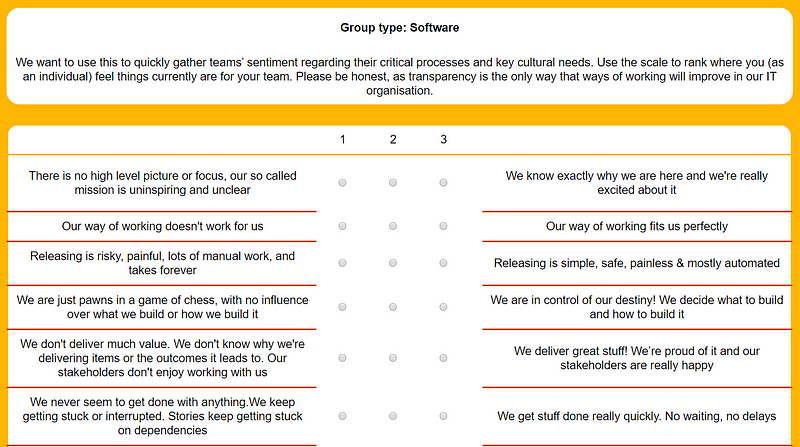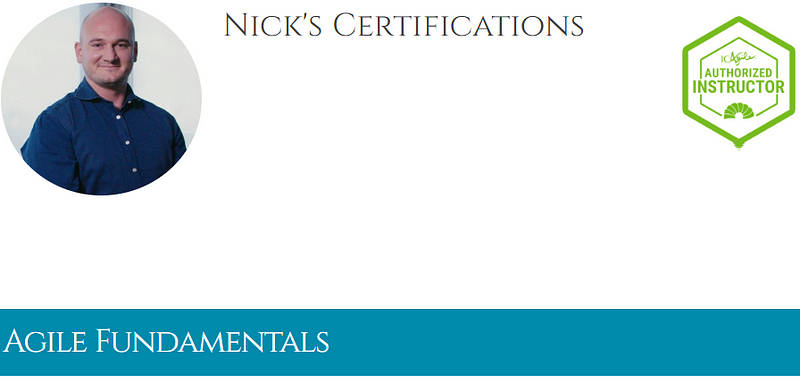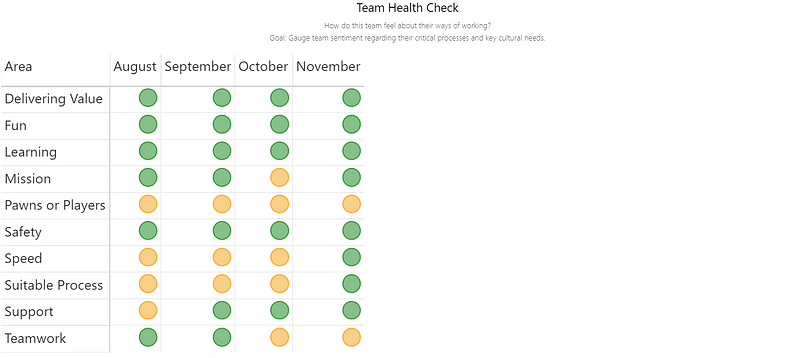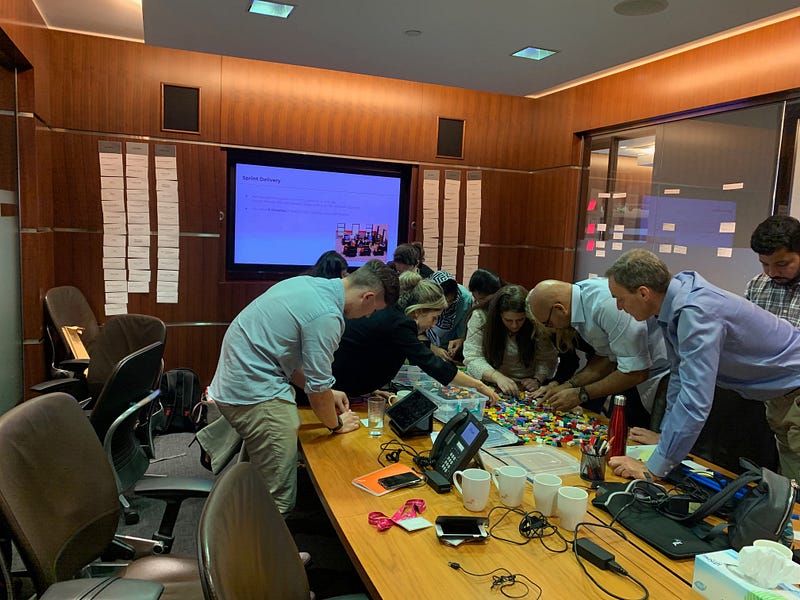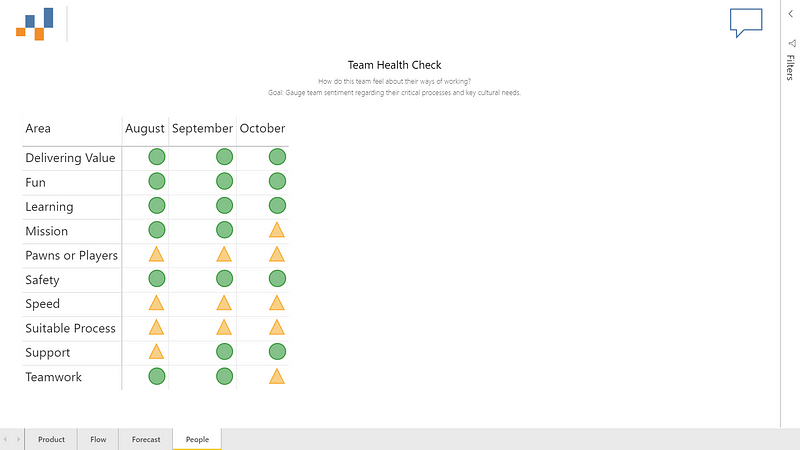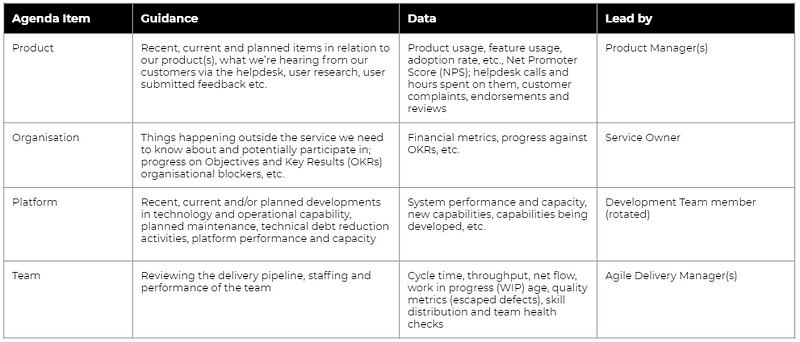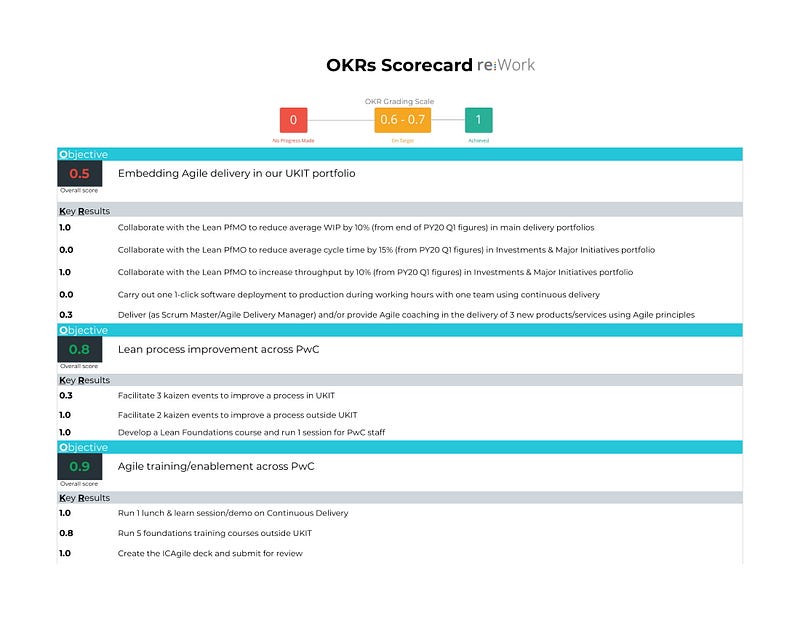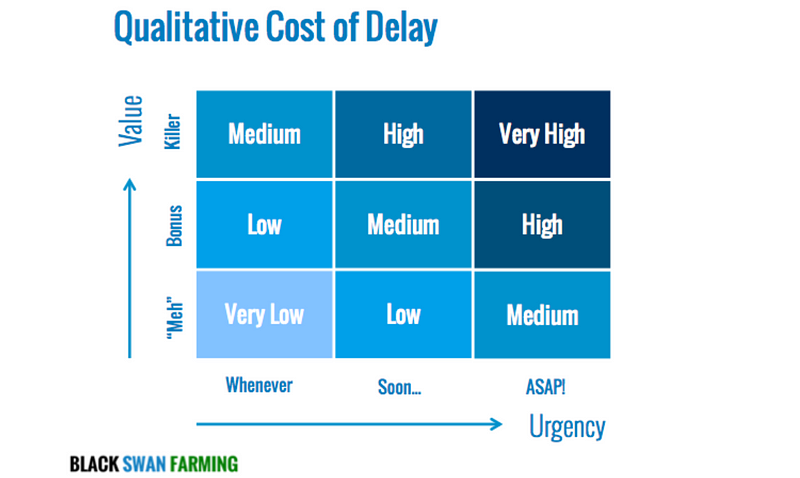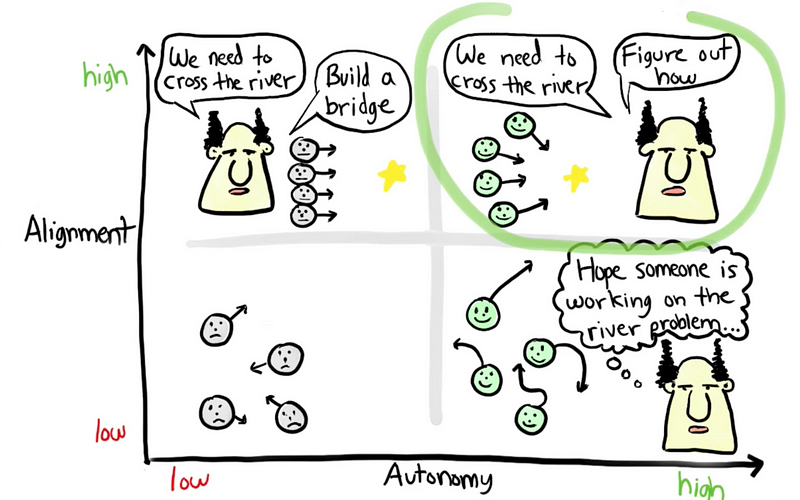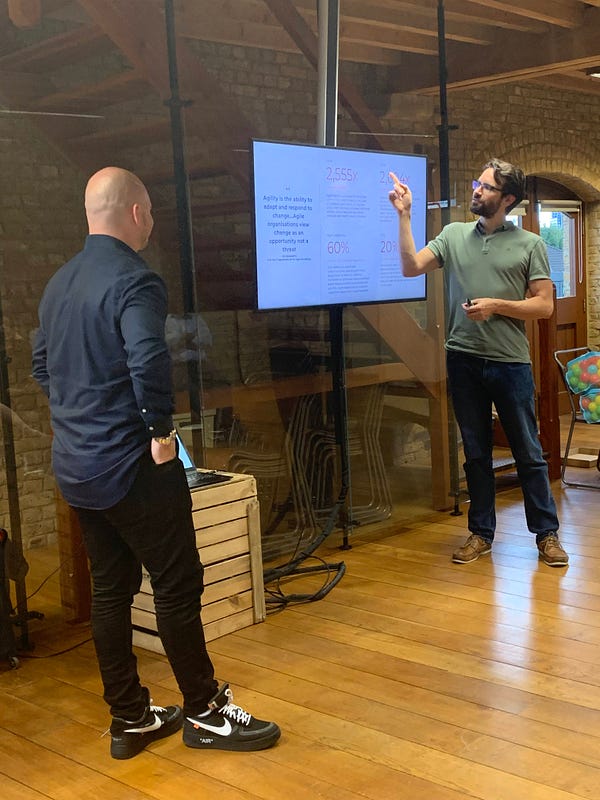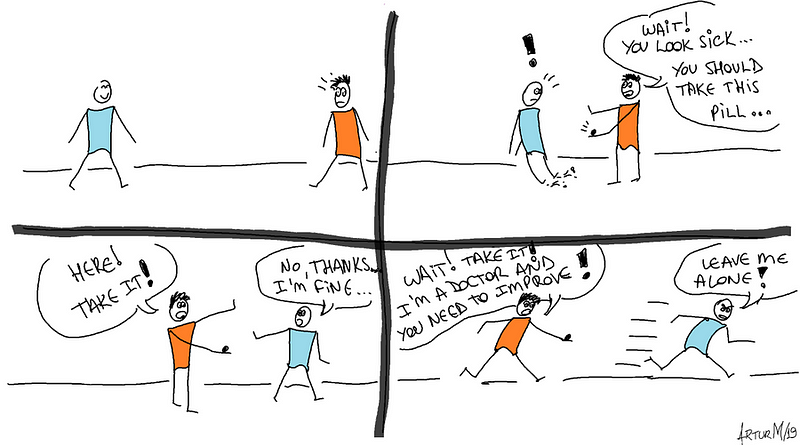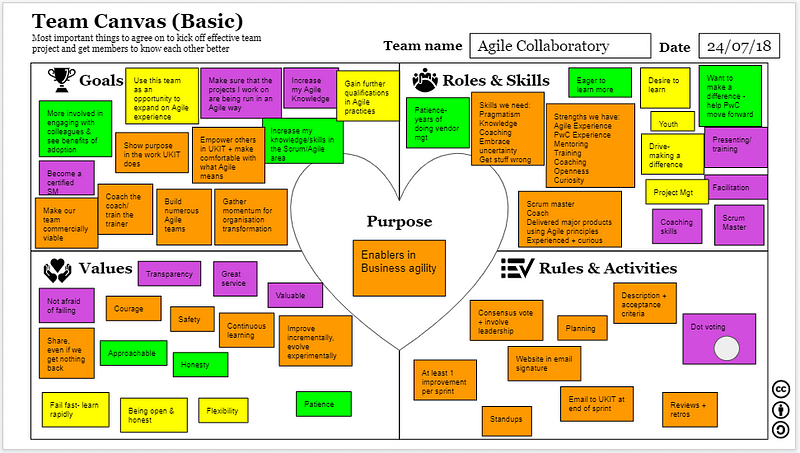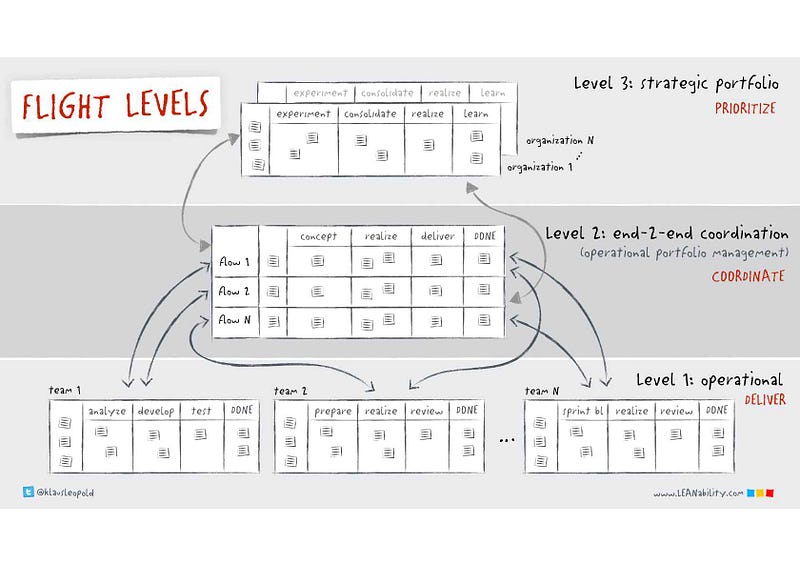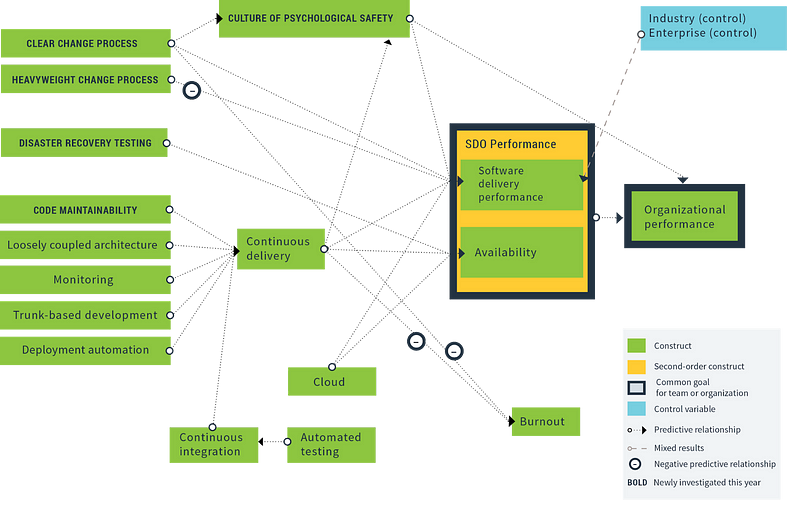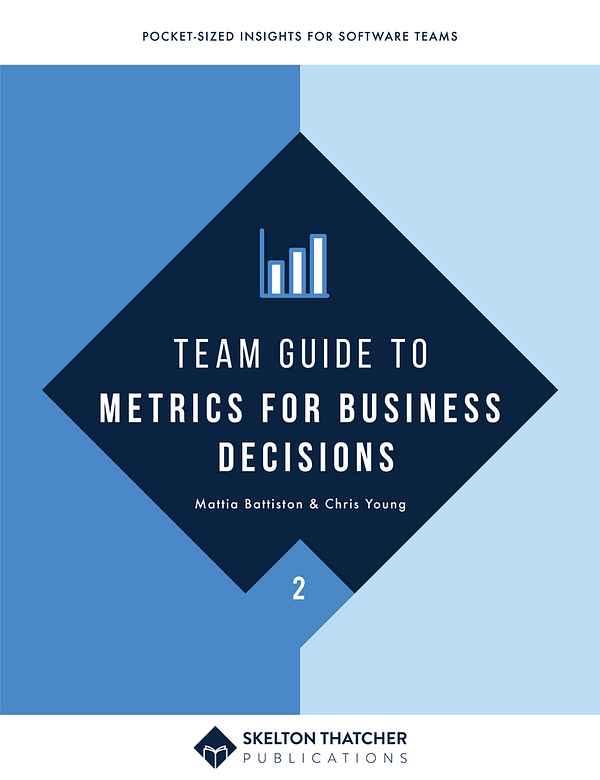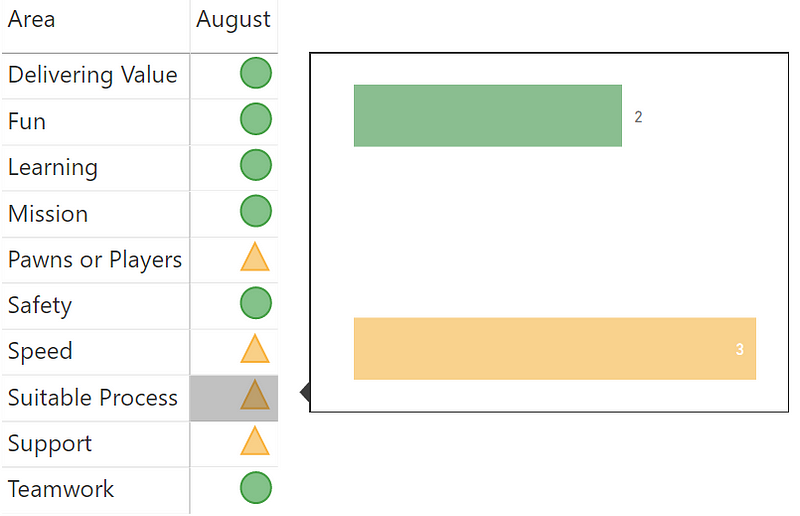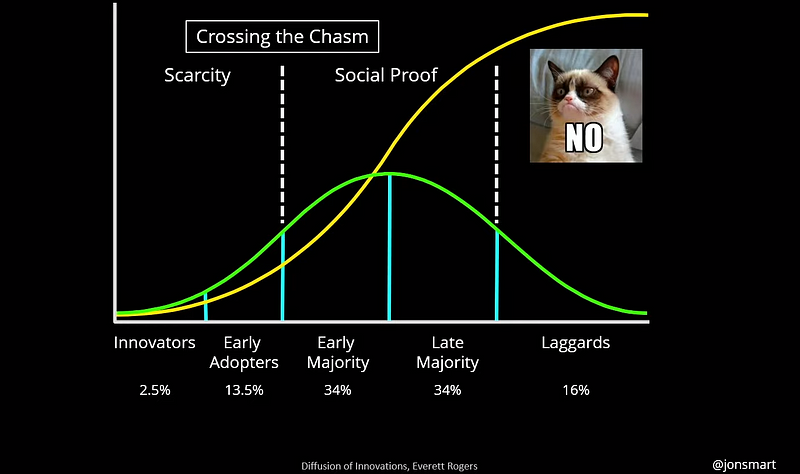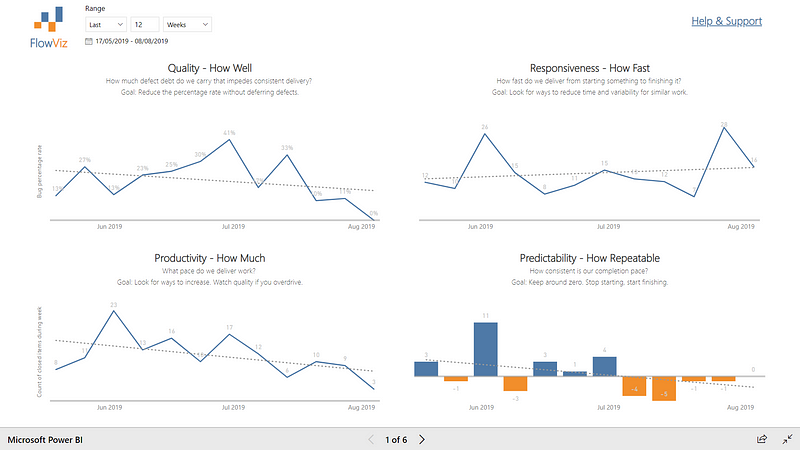Product Management Training
This week we had a run through from Rachel of our new Product Management training course that she has put together for our budding Product Managers. I really enjoyed going through it as a team (especially using our co-working space in More London) and viewing the actual content itself.
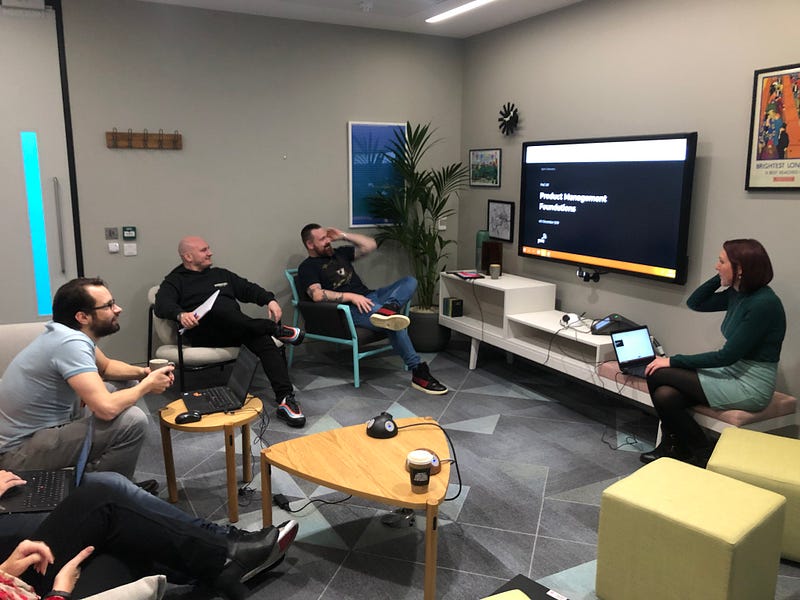
Credits: Jon Greatbatch for photo “This can be for your weeknotes”
What I really liked about the course was the fact the attendees are going to be very ‘hands-on’ during the training, and will get to go apply various techniques that PdM’s use with a case study of Delete My Data (DMD) throughout. It’s something that I’ve struggled with when putting together material in the past of having an ‘incremental’ case study that builds through the day, so glad that Rachel has put something like this together. We’ve earmarked the 28th Jan to be the first session we run, with it being a combination of our own team and those moving into Product Management being the ‘guinea pigs’ for the first session.
2019 Reflections
This week has been a particularly challenging week, with lots of roadblocks in the way of moving forward. A lack of alignment in new teams with future direction, and lack of communication to the wider function around our move to new ways of working means that it feels like we aren’t seeing the progress we should be, or creating a sense of urgency. Whilst it’s certainly true around achieving big through small, it does feel that with change initiatives it can feel like you are moving too slow, which is the current lull we’re in. After a few days feeling quite down I took some time out to reflect on 2019, and what we have achieved, such as:
Delivering a combined 49 training courses on Agile, Lean and Azure DevOps
Trained a total of 789 PwC staff across three continents
Becoming authorised trainers to offer an industry recognised course
Actually building our first, proper CI/CD web apps as PoC’s
Introducing automated security tools and (nearly) setting up ServiceNow change management integration to #TakeAwayTheExcuses for not adopting Agile
Hiring our first ever Product Manager (Shout out Rachel)
Getting our first ever Agile Delivery Manager seconded over from Consulting (Shout out Stefano)
Our team winning a UK IT Award for Making A Difference
Agreement from leadership on moving from Project to Product, as part of our adoption of new ways of working
All in all, it’s fair to say we’ve made big strides forward this year, I just hope the momentum continues into 2020. A big thank you from me goes to Jon, Marie, James, Dan, Andy, Rachel and Stefano for not just their hard work, but for being constant sources of inspiration throughout the year.
Xmas Break
Finally, I’ll be taking a break from writing these #Weeknotes till the new year. Even though I’ll be working over the Christmas period, I don’t think there’ll be too much activity to write about! For anyone still reading this far in(!), have a great Christmas and New Year.
